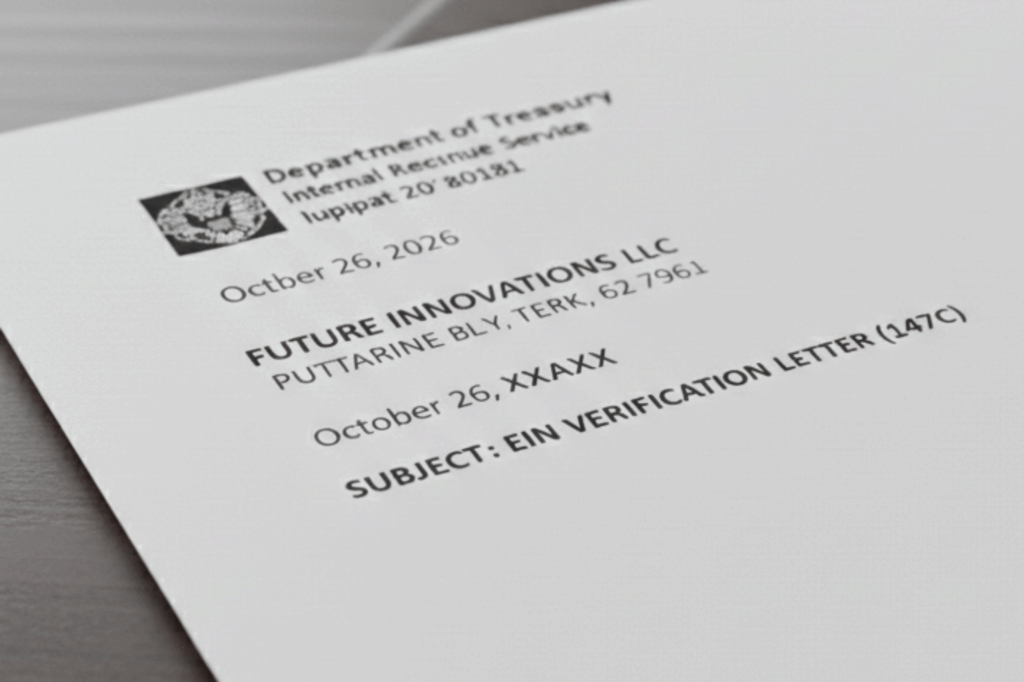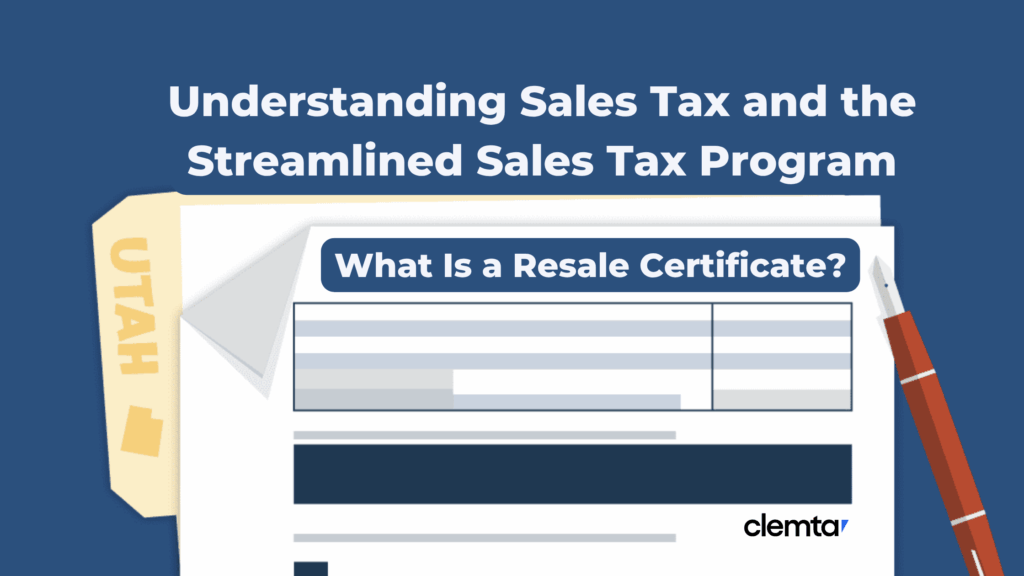Texas Registered Agent: Legal Role, Responsibilities, and Compliance

Every Texas business is legally required to appoint a Registered Agent. This guide explains their role in receiving legal documents and how they keep your business in good standing with the Secretary of State.
Lost Your EIN? How to Find Your EIN Number Quickly

Your Employer Identification Number (EIN) is the most important number for your US business. If you lose it, you cannot file taxes or open a bank account. Here are the ways to recover it.
What is an EIN Verification Letter (147C) and How to Get One

Banks and payment processors often reject old EIN documents. If you lost your original CP-575 form, the 147C Letter is the only way to prove your tax ID exists. Here is how to get it.
What is IRS Form 1040? Do Non-Resident LLC Owners Need to File It?

Filing the standard IRS Form 1040 can be a costly mistake for non-resident business owners. It could accidentally subject your entire worldwide income to US taxes. Here is the correct way to handle your LLC taxes.
Why Do You Need a Wyoming Registered Agent for Your LLC?

Wyoming offers incredible privacy for business owners, but one wrong move on your Registered Agent form can make your personal address public. Here is why every Wyoming LLC needs a professional agent.
W-8 Form Explained: The Difference Between W-8BEN and W-8BEN-E

If you are a non-US freelancer or business receiving payments from the US, the W-8 form is not optional. It’s essential to avoid an automatic 30% tax withholding. This guide demystifies the complex IRS landscape and clarifies the critical differences between W-8BEN for individuals and W-8BEN-E for entities.
Guide to Form 1099-NEC: Who Files, Deadlines & The 1099-K Rule

The IRS has shifted how businesses report non-employee compensation. From the critical differences between the 1099-NEC and 1099-MISC to the “Double Reporting” dangers of the 1099-K, here is everything you need to know to navigate tax season without penalties.
The Founder’s Essential LLC Compliance Kit

Focus on growth, not paperwork. Ignoring LLC compliance is risky. Get Clemta’s free kit, including a custom Operating Agreement and automated reminders, to protect your business and stay compliant.
What Is a Resale Certificate? Understanding Sales Tax and the Streamlined Sales Tax Program

A resale certificate lets you buy inventory in the US without paying sales tax upfront—crucial for protecting ecommerce margins. In this guide, we unpack how resale certificates differ from sales-tax permits, how to apply in every state, and how the Streamlined Sales Tax Program can fast-track compliance for non-resident founders. Avoid penalties, simplify filings, and learn how Clemta automates the entire process.
How to Stay Compliant with US Business Regulations: A Guide for Entrepreneurs

Starting a business in the United States as a non-resident involves navigating a complex landscape of regulations at federal, state, and local levels. Key areas of compliance include choosing the right business structure, adhering to tax laws, employment regulations, obtaining necessary licenses and permits, and protecting intellectual property.

